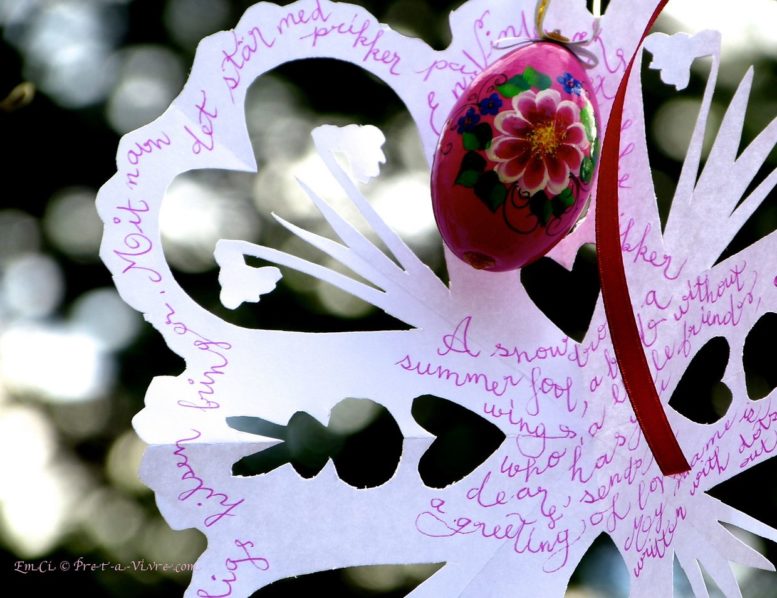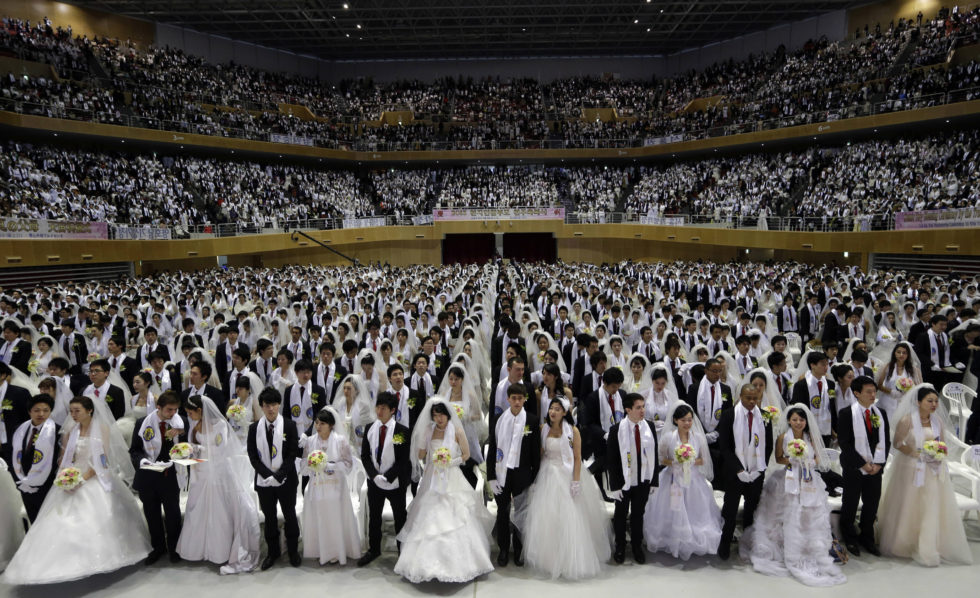
On February 14th every year, lovers all over the world go out to mark the feast of St Valentine’s, commonly referred to as Valentine’s Day.
The celebrations originated from an ancient Roman tradition called Lupercalia where young men stripped naked and ran around spanking young maidens mildly to boost their fertility.
When Christianity became the official religion of the Roman Empire, this feast was incorporated into the Christian tradition, transforming into the feast of Saint Valentine who was known for performing forbidden marriages. For his digression, Saint Valentine was killed on February 14, and today, darlings around the world honour Saint Valentine on this day.
[ad]
Typically, people go out to celebrate their loved ones by gifting roses, chocolates, teddy bears and others just to show their love and affection. However, in certain parts of the world, some interesting traditions are carried out in observance of the feast day.
Here are some of them!
Japan
In Japan, Valentine’s is reserved for women to give gifts to men. These gifts are mostly chocolate and are of different types: giri choco (obligation chocolate), for friends and colleagues, and honmei choco (true feeling chocolate) when it’s a romantic relationship. The men, on the other hand, have to give gifts ranging from white chocolates to cookies, sweets or even jewellery. The only difference is that the men give their gifts a month after on a day referred to as White Day. This tradition is also common practice in Vietnam, South Korea and Taiwan.

Denmark
All over the world, cards with thoughtful messages are sent to loved ones but the Danes have an interesting tradition that goes far back as the 18th century. For them, secret admirers will send joking letters (gaekkebrev) to their crushes, commonly in the form of a paper snowflake featuring a poem. The sender signs their name in dots and has to give the recipient an Easter egg if he or she manages to guess their identity.
Philippines
The Filipinos go an extra mile when gift exchange is the topic of the day. For them, they have to go as far as getting married to prove their love. Hundreds of couples participate in mass wedding ceremonies sponsored by the local government. This singular act helps couples who can’t afford to get married seeing as the wedding cake, flowers and rings are sponsored by the government.

South Africa
Like many other parts of the world, South Africans celebrate Valentine’s Day with flowers and other symbols of love. It’s also usual for South African women to pin the names of their love interest on their shirtsleeves following how it was originally done with Lupercalia. Imagine this happening in Nigeria and multiple people having one person’s name?!
Italy
A popular Italian Valentine’s Day tradition was for young single girls to wake up before dawn to spot their future husbands. The belief was that the first man a woman saw on Valentine’s Day was the man she would marry within a year. Or he’d at least strongly resemble the man she would marry.
Which of these traditions is most interesting?
[ad unit=2]








